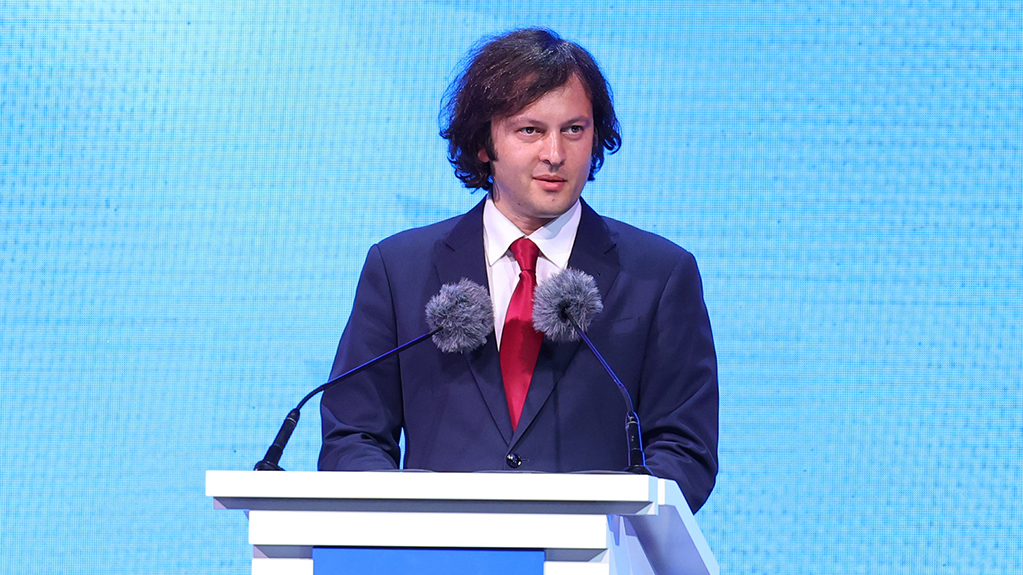Based on a statement by the Prime Minister of Georgia, Irakli Kobakhidze, it would be logical to revoke the mandates of the deputies elected to parliament after declaring the so-called Collective National movement unconstitutional and banning it.
News
"According to the current constitution, only the Constitutional Court can cancel mandates. I believe that a logical continuation of banning the party would be the revocation of these mandates. Members of a criminal political force should not retain the status of parliamentarians. Therefore, it would be logical," said Kobakhidze.
At today's briefing, the Prime Minister suggested that the 5% electoral threshold will be overcome only by the coalition formed around the Georgian Dream and National Movement. When asked whether this means the new parliament will become one-party, he replied that "the parliament will remain democratically elected."
"The Parliament of Moldova is effectively one-party today, yet it is widely accepted. The same will happen in Georgia. The same standard should apply to all candidate countries, including Moldova, Georgia, and Ukraine.
I believe that banning the National Movement is crucial for Georgia to continue its smooth progress toward European Union membership. If anyone has created an artificial obstacle to Georgia's European integration, it is the Collective National Movement. Representatives of the Collective National Movement actively campaigned against the country receiving candidate status," Kobakhidze said.
Regarding the banning of opposition parties, the Prime Minister added that it involves more than just filing a lawsuit with the Constitutional Court. "It is possible that specific cases will be initiated with the prosecutor's office, a complaint could be prepared, or a parliamentary investigative commission could be established," he said.
The ruling party encompasses nearly all opposition political forces within the so-called Collective National Movement: "They are directly connected, as legally proven. When Gakharia and National Movement form a coalition in four municipalities, it legally confirms that they are working together. Therefore, the legal complaint or lawsuit will be properly substantiated, demonstrating that the Collective National Movement is involved in a criminal case.
On the 12th anniversary of being in power, Georgian Dream promised its supporters that if it secures a constitutional majority of 113 mandates in the new parliament, it will initiate a legal process to ban both the National Movement and all its satellite and successor parties."















